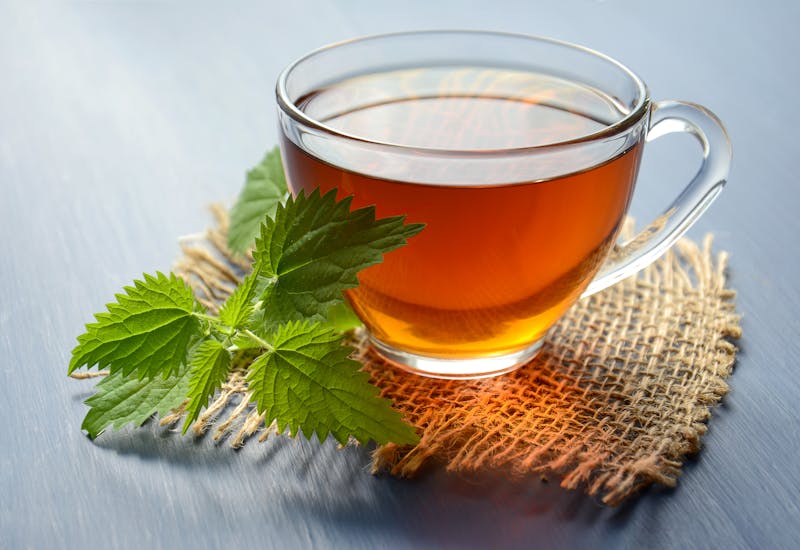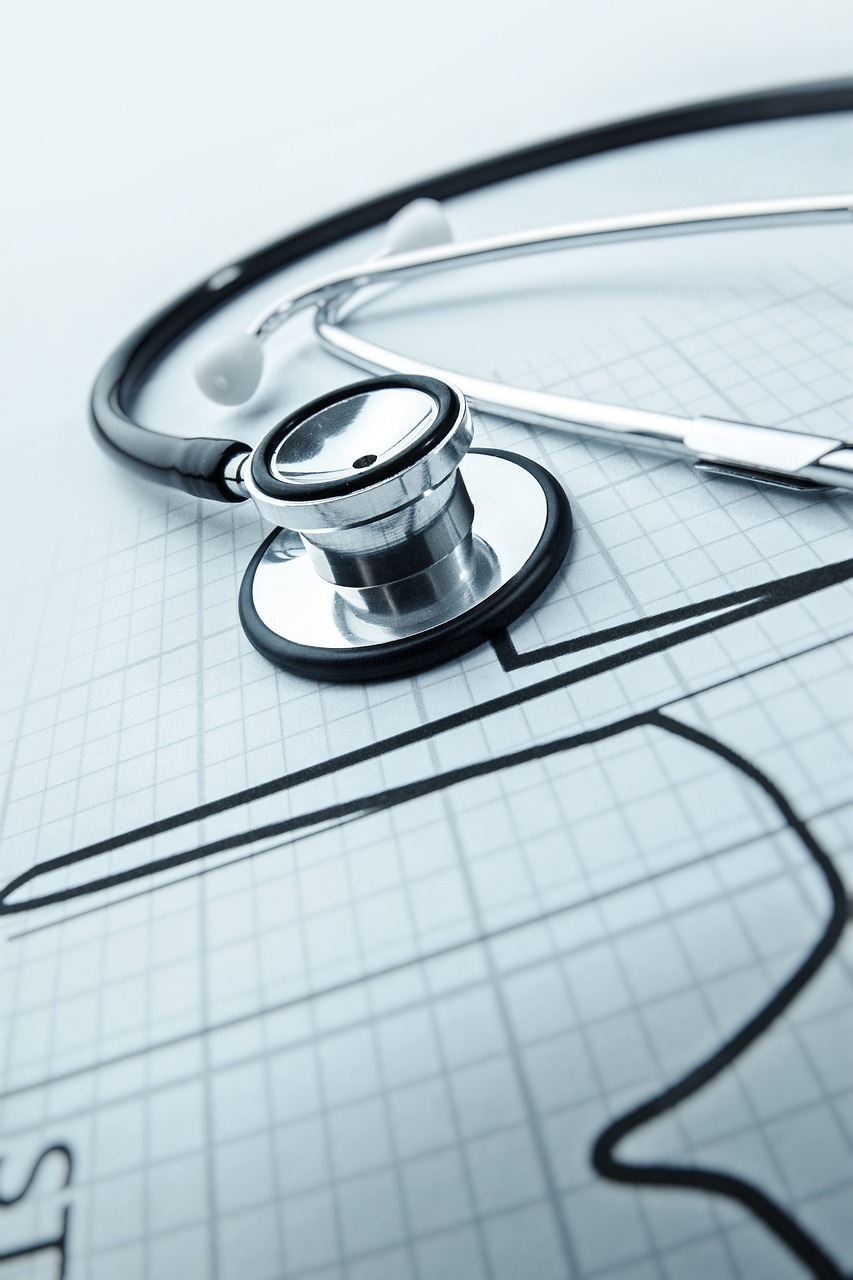Five years ago, I wrote about nine of my most cherished herbs. Now, I will list eighteen more.
Bhumi Amalaki: I previously wrote about herbs good for the liver, like kutki, eclipta alba and guduchi. Now I’ll add another ayurvedic herb, Bhumi Amalaki. This herb goes well with kutki, in rejuvenating a dying, fatty liver. In Peru, it’s known as chanca piedra — the stone breaker. If you want to protect your gallbladder from gallstones or surgery, think Bhumi Amalaki. It is also protective of the kidneys — removing excess oxalate crystals. These features will also relieve chronic abdominal pain and painful urination.
Bhumi Amalaki may also be useful for those suffering from diabetes, Hepatitis B, and HIV.
Other names: phyllanthus niruri, Bhumi amla
Jiaogulan: an herb originating from Southern China, this is known as the “Immortality herb”. People who drink this herb as a tea, seem to live longer, healthier lives. Containing 82 saponins called gypenosides, it is extremely useless for those with both pre-diabetes and diabetes. May also reduce visceral and subcutaneous fat.
Other names: Gynostemma Pentaphyllum, Southern Ginseng
Bitter Melon (Bitter Gourd): a bitter fruit very good for liver ailments, including fatty liver. Has a chemical that acts like insulin to help reduce high blood glucose level. May help ameliorate lipid disorders such as hyperlipidemia and normalize cholesterol numbers. Relatively high in vitamin A and C, which may help boost the immune system. Contains compounds that may lower high blood sugar markers, like fructosamine and Hba1c. Downside(s): extremely bitter and high in oxalates. Not suitable for pregnant or breastfeeding women.
Other name(s): Momordica charantia
Astragalus: this herb shares certain similarities with Jiaogulan — also sharing anti-aging characteristics, presumably by keeping the telomeres of cells healthy. Astragalus is famously known as a kidney cleanser, reducing protein loss, while increasing excretion of unwanted uric acid. This consequently improves blood pressure and heart function.
Andrographis: known as the “King of bitters” for a reason: because it is a very bitter herb. This bitterness helps make everything else sweet: improving arthritic conditions, such as osteoarthritis and rheumatoid arthritis. Its immune system regulator and strengthening abilities help improve many conditions: asthma, flu, common cold, bronchitis, COPD, COVID, TB, Lyme disease and even malaria. The key is to taking this herb at the onset of these conditions — preferably within 72 hours.
There is also credible evidence that andrographis may show improvement of the hard to treat inflammatory bowel disease Ulcerative colitis.
There is also credible evidence that this herb may show beneficial for certain cancers!
Other names: Andrographis paniculata, Green chiretta, Kalmegh
Pau d’arco: from the Amazon rainforest of South America and the inner bark of the tabebuia tree, while improving immune system function, this herb is famous for relieving candida overgrowth in women. Containing compounds known as naphthoquinones, it is known for being anti-inflammatory, antibacterial, antifungal, antiviral and maybe even anti-cancer!
Do not consume in high doses!
Other names: Tabebuia avellanedae, Taheebo and Lapacho
Neem: like andrographis, an extremely bitter herb from ayurveda. For temporary use only — may dry the body and skin. Not for pregnant or breastfeeding women, as may cause spontaneous abortion. Very antiparasitic, antiviral, antibacterial, antiseptic, antifungal and anti infection. Purifies the blood and may reduce blood sugar.
Punarnava: like andrographis, may be good for Ulcerative colitis due to its anti inflammatory properties. May also be helpful for Irritable bowel syndrome (IBS). Literally meaning “the one that renews”, punarnava has a whole body cleansing effect, including as a diuretic. May also be helpful for weight loss and those with Rheumatoid arthritis.
Other names: Boerhaavia diffusa
African Geranium: from South Africa, very antibacterial and antiviral and proven exceptionally effective for upper respiratory tract infections: common cold, laryngitis (voice box), pharyngitis (sore throat), rhinosinusitis (sinuses); and even lower respiratory tract infections: acute bronchitis; tuberculosis.
Other names: Pelargonium sidoides, South African geranium, Umckaloabo (a brand name)
Mullein: like African geranium, helps with inflammation and infections of the lungs. As an expectorant, may reduce mucus. Very useful and effective for those suffering from sleep apnea. May also be helpful in treating other inflammation and infections throughout the body, including ear infections.
Pomegranate peel (organic): may be even more effective for heart conditions. Powerful polyphenol compounds called ellagitannins, punicalagins and anthocyanins may reduce inflammation throughout the body. These and other polyphenolic compounds may reduce blood pressure, plaque buildup and chest pain.
Other name(s): Punica granatum (peel)
Arjuna: from ayurveda and from the bark of the Terminalia arjuna tree, this herb contains triterpene glycosides that may improve heart function and reduce chest pain. Other compounds have been isolated like arjunetoside, oleanolic and arjunic acids, that may contribute to improvement of the left ventricle of the heart, thus improving blood flow throughout the entire body.
Dan shen: like Arjuna, a Chinese (TCM) herb that may improve heart function by reducing excess platelets in the blood. Excess platelets causes congestion in the blood and make blood flow harder. As a consequence of this herb, blood becomes thinner and blood vessels become wider. All of this manifests as reduced chest pain, blood pressure, heart attack and stroke.
Other names: Salvia miltiorrhizao, Chinese Red Sage
Hawthorn: like Dan shen, hawthorn is good for the heart. Flavonoids like rutin and quercetin may help heart muscle contract better, increasing blood and oxygen supply to the heart muscle. This may thus decrease chest pain or irregular heartbeat. May also be a credible option for those suffering from the beginning stages of heart failure.
The most effective part of this herb for improving heart conditions is the flowers. Leafs and berries can also be used but are less effective.
Blue Vervain: this is the herb for anxiety, depression and insomnia. Known for its calming effect on the nervous system, the verbenalin, an iridoid glycosides, in blue vervain may increase sleep onset and duration. One side effect may be strange dreams or nightmares.
Blue vervain may also be effective against epilepsy, including the classic tonic-clonic seizures.
Other names: Verbena hastata, American vervain
[Should not be confused with its sister plant, common vervain — the European plant version (aka Verbena officinalis).]
Dragon’s Blood: a natural red resin (from tree sap), often used in rituals, extracted from a variety of tropical trees called Dragon trees, primarily, Croton lechleri. Commonly used for digestive issues including internal ulcers. Has antimicrobial properties and can help heal receding gum if used as a mouth rinse. Also used for external ulcers, and other skin wound to accelerate healing. May reduce arthritic pain when used topically.
If used internally, for short term use only — about one week at a time.
Other names: Sangre de Grado
Persian Saffron: known as the sunshine spice and the most expensive spice in the world. Effective for anxiety and depression, this spice is known for providing relief of PMS symptoms in women, even by just inhaling the herb. It may also improve sleep quality, reduce cravings, and manage diabetes. May also lubricate sex organs and increase sexual desire.
Pregnant women should not use this spice!
Saffron has many fake competition, so it is important to do research to make sure you’re getting authentic saffron. Look for saffron from Persian or Iranian origin.
Even though saffron may show beneficial in tackling certain degenerative diseases, like Alzheimer’s and Parkinson’s, and also in certain cancers, it is important to remember that saffron is a spice, and should only be used safely in small amounts, at about 15 mg twice per day.
Other names: Crocus sativus
Fenugreek: like saffron, may also increase sexual desire in both sexes, by balancing hormones like estrogen and testosterone. May manage blood sugar and diabetes by slowing sugar absorption in the stomach and stimulating insulin more effectively. Increases milk supply in breastfeeding women. High in iron, excess may cause gastrointestinal issues.
Caution should be taken while using herbs with any medication, if pregnant or breastfeeding and two weeks before surgery. Typical side effects — though rare — may include: nausea, vomiting, dizziness, stomach upset, skin rash, anemia, constipation and/or diarrhea.

